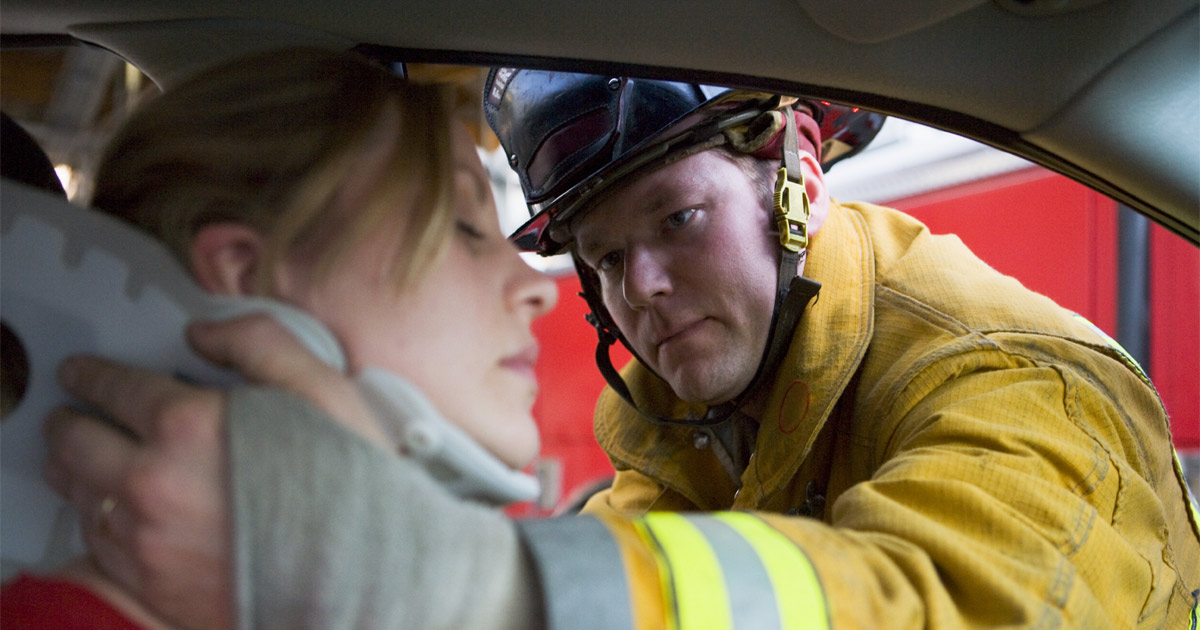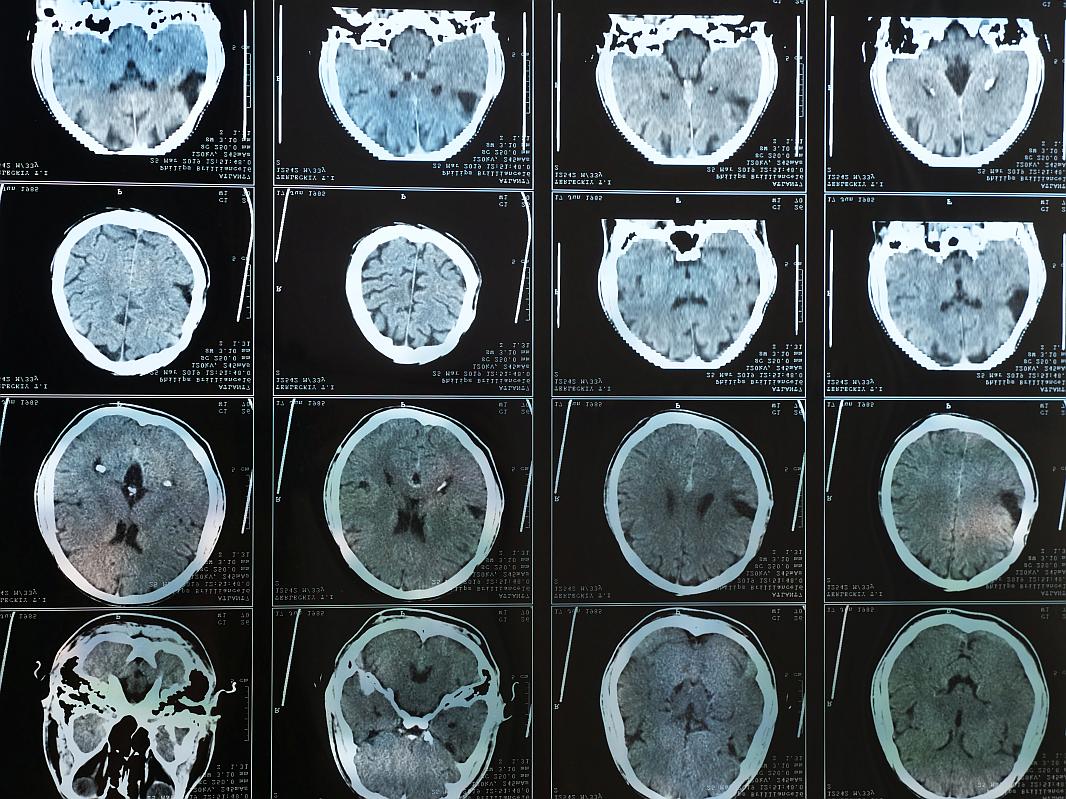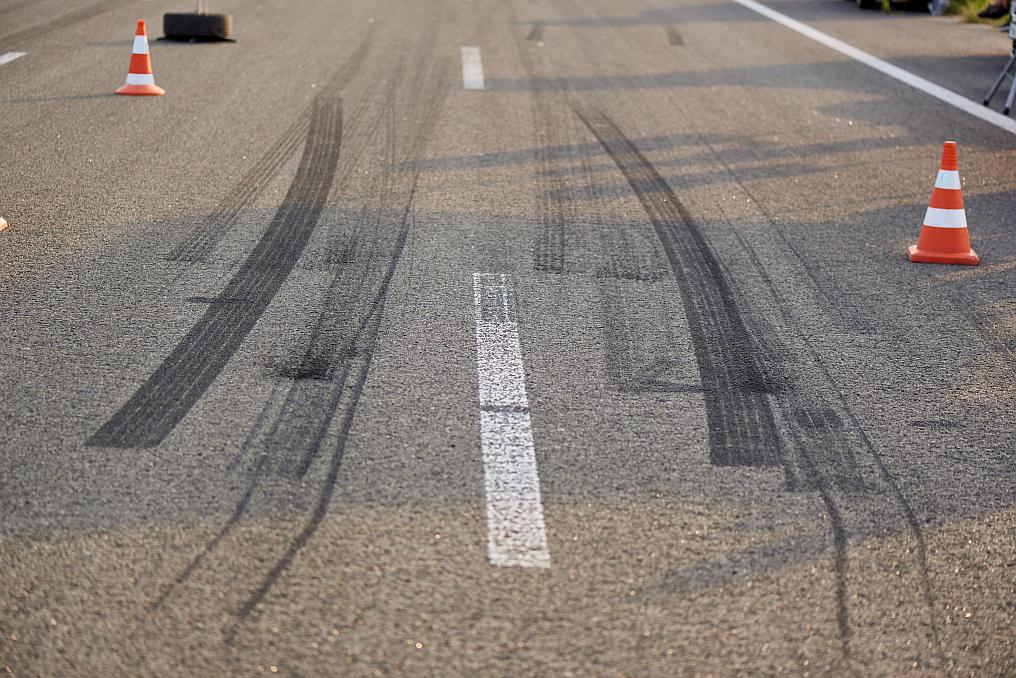
The difference between a minor, severe, and catastrophic injury is determined by the level of disability suffered by an individual. A catastrophic injury is so severe that it may leave the victim permanently disabled and unable to work again. A catastrophic injury can impede a person’s mobility, their cognitive skills, and result in sensory loss, such as blindness or deafness. The most common types of catastrophic injuries include:
Victims can hold responsible parties liable through a catastrophic injury lawsuit. Personal injury laws governing catastrophic lawsuits put the burden of proving negligence on the plaintiff. It is not always easy to prove negligence, but an experienced catastrophic injury lawyer can help victims claim the compensation they may be entitled to under the law.
Proving that the negligence of another was directly related to a victim’s injuries is necessary for a successful outcome. Detailed accident reports, copious medical records, and proof that the catastrophic injury severely impacted the victim’s ability to work is imperative to a just settlement. Compensation from a catastrophic injury claim can cover the victim’s medical bills, lost wages, and pain and suffering.
If you were a victim of a catastrophic injury, call the Los Angeles catastrophic injury lawyers at ACTS LAW, LLP today. We will fight to obtain the compensation you rightfully deserve. Call us at 833-228-7529 or contact us online to schedule a free consultation. Located in Los Angeles and San Diego, we serve clients throughout California.

Traumatic brain injuries (TBIs) are severe and disabling injuries that occur when the brain is struck or jolted by external forces. They are a leading cause of death and disability, impacting millions...

Welcome to ACTS LAW, the experienced and trusted legal team for families affected by serious accidents. Our Los Angeles-based catastrophic injury lawyers have been advocating for clients for decades, ...

Truck accidents can have devastating consequences, leading to severe injuries or even fatalities. While car accidents are more common, crashes involving large trucks pose a higher risk of harm. This a...